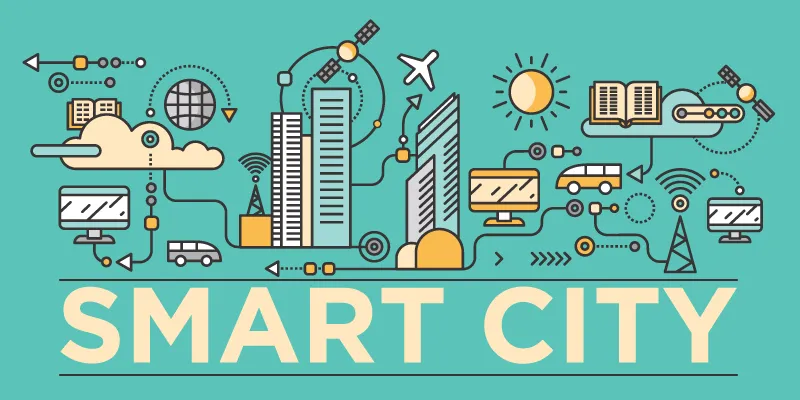Future ready - Bengaluru Mayor talks about being “Smart” at Cisco meet
Bengaluru Mayor R Sampath Raj calls the city the smartest because of its citizens being able to build for global problems.
The Mayor of Bengaluru, R Sampath Raj, says pod-taxis, electric cars and bikes will soon be introduced to aid citizens in last-mile connectivity from metro stations to major business centres in the city. “We will reduce traffic by 10 to 15 percent in a few years,” he says.
He said air-ambulances (helicopters) are also being introduced in the city to help citizens during emergencies.
India will be highly urbanised, and it is predicted that 50 percent of India’s population will be part of large cities by 2030. Healthcare, cashless payments, intelligent street lighting and connected government services are needed to make citizens lead a healthier lifestyle. “Bengaluru is a smart city because people come here and grow with this city,” says Sampath Raj.
In India, according to government data, smart city projects worth Rs 2,350 crore have been completed, while Rs 20,800 crore worth projects are in progress. But industry leaders say the job of smart cities is not just the role of technologists.

Business leaders speak
“India should be garbage free, and technologies exist to make this happen. But I do hope it happens here, as this is a real smart city,” says Shekhar Viswanathan, Vice Chairman of Toyota Kirloskar Motors India.
According to Cisco, "smart cities" have less pollution, safer streets, and a better quality of life. Last year, Cisco introduced the City Infrastructure Financing Acceleration Programme. It is a $1 billion programme aimed to make it easier, faster, and more affordable for cities around the world to fund and adopt technologies that will transform their communities.
The funds will be provided through Cisco Capital, in partnership with private equity firm Digital Alpha Advisors, and pension fund investors APG Asset Management (APG) and Whitehelm Capital.
“Technologists should not do smart cities. It is a combination of several stakeholders and ICT is the foundation of it,” says Anil Menon, Global President of Cisco's Smart+Connected Communities. “Digital technology is not for the rich alone, it is for everyone,” says Menon.
As more sensors get connected, the network to handle traffic flow has to be powerful, and this is where Cisco has been placing its bets.
Cisco started IoT (internet of things) nine years ago, and they chose Bengaluru to learn how to be relevant. The thoughts were if Cisco could not be relevant in India, then they could not be relevant elsewhere. This was the genesis of smart cities.
“The average time a person spends in traffic in urban centres in India is three months per year. This is inefficient and should be fixed,” says Sameer Garde, President of Cisco India.
Nearly 10,000 people migrate to cities every hour in India. “We will end up with huge slums if we don't do something about it,” says Menon.
According to the World Economic Forum (WEF), there are four main challenges the cities are facing - housing, health, education and employment. India is still solving 19th century problems such as healthcare and sanitation.
Worldwide spending on technologies that enable Smart Cities initiatives is forecast to reach $80 billion in 2018, according to the International Data Corporation (IDC). IDC expects spending to accelerate over the 2016-2021 forecast period, growing to $135 billion in 2021.
"Smart cities have recently evolved from a collection of discrete flagship projects to a sizeable market opportunity that will drive significant technology investments in 2018 and beyond," says Serena Da Rold, programme manager at IDC’s Customer Insights and Analysis Group.
Hopefully, the smart city concept will grow beyond panel discussions, and leaders from different industries will come together to create a consortium that can make this a reality.







